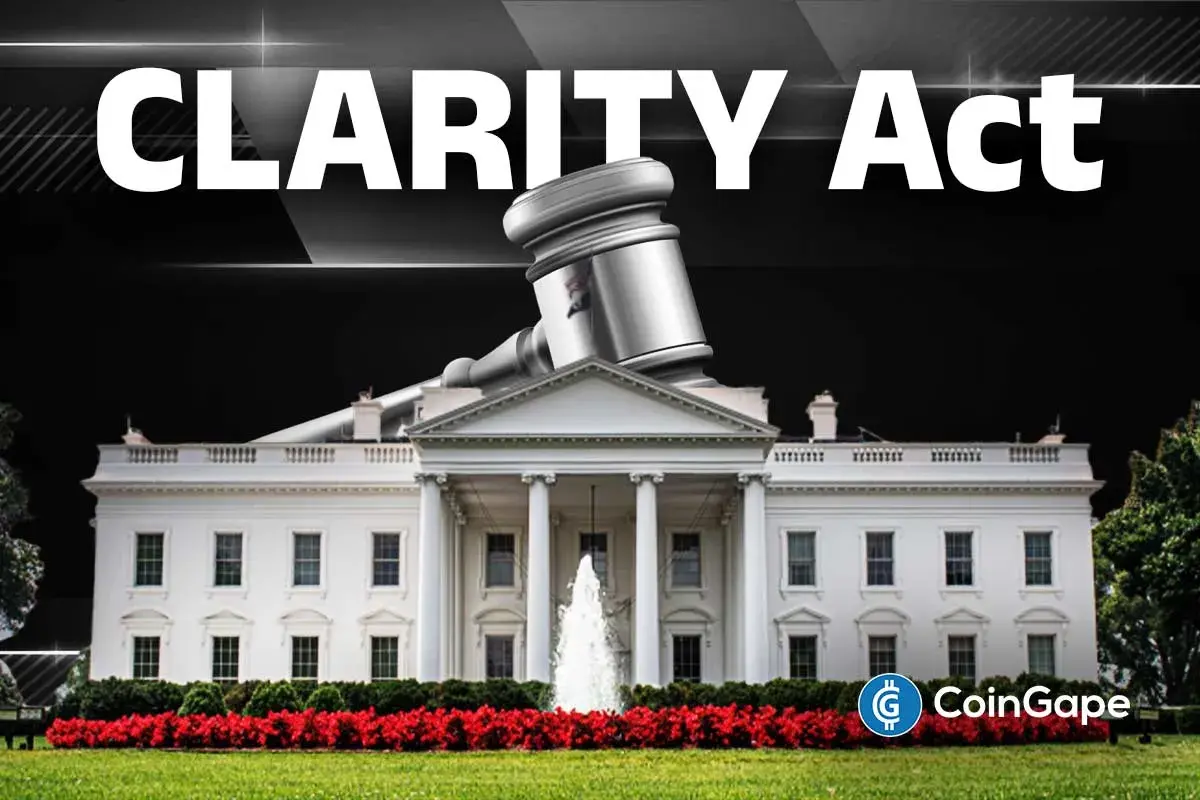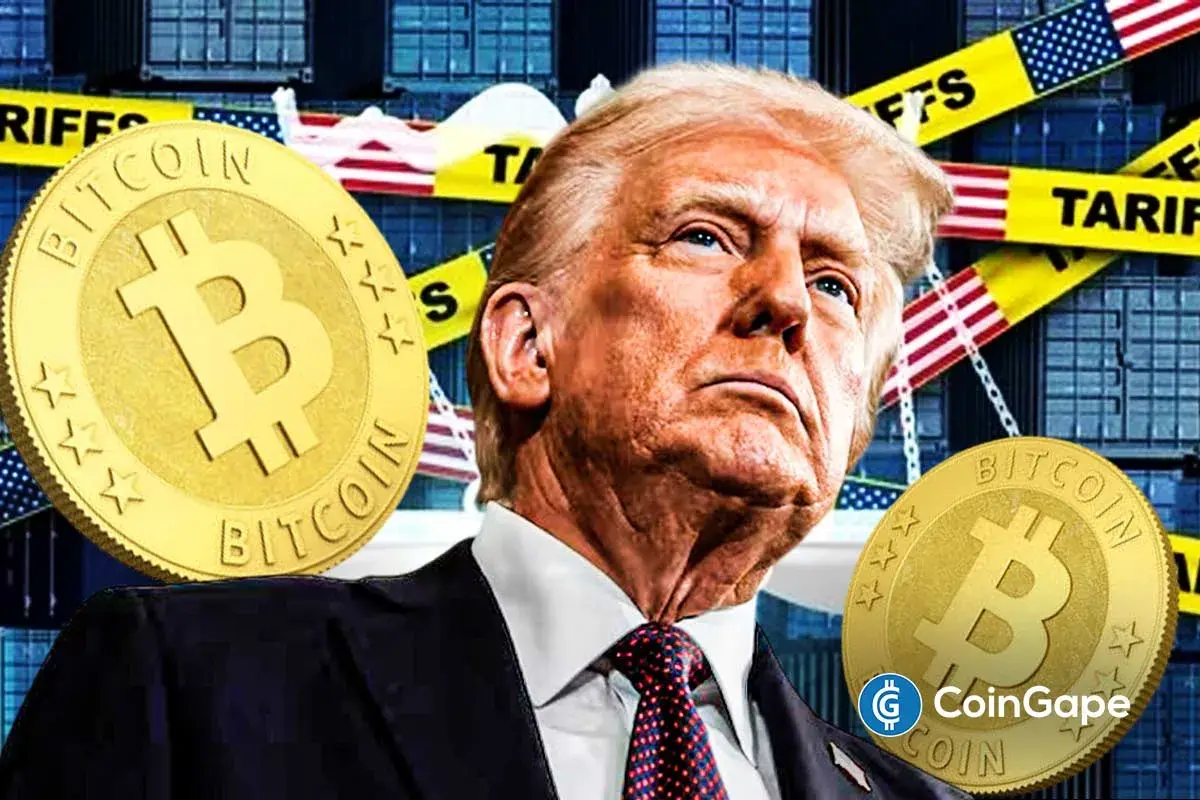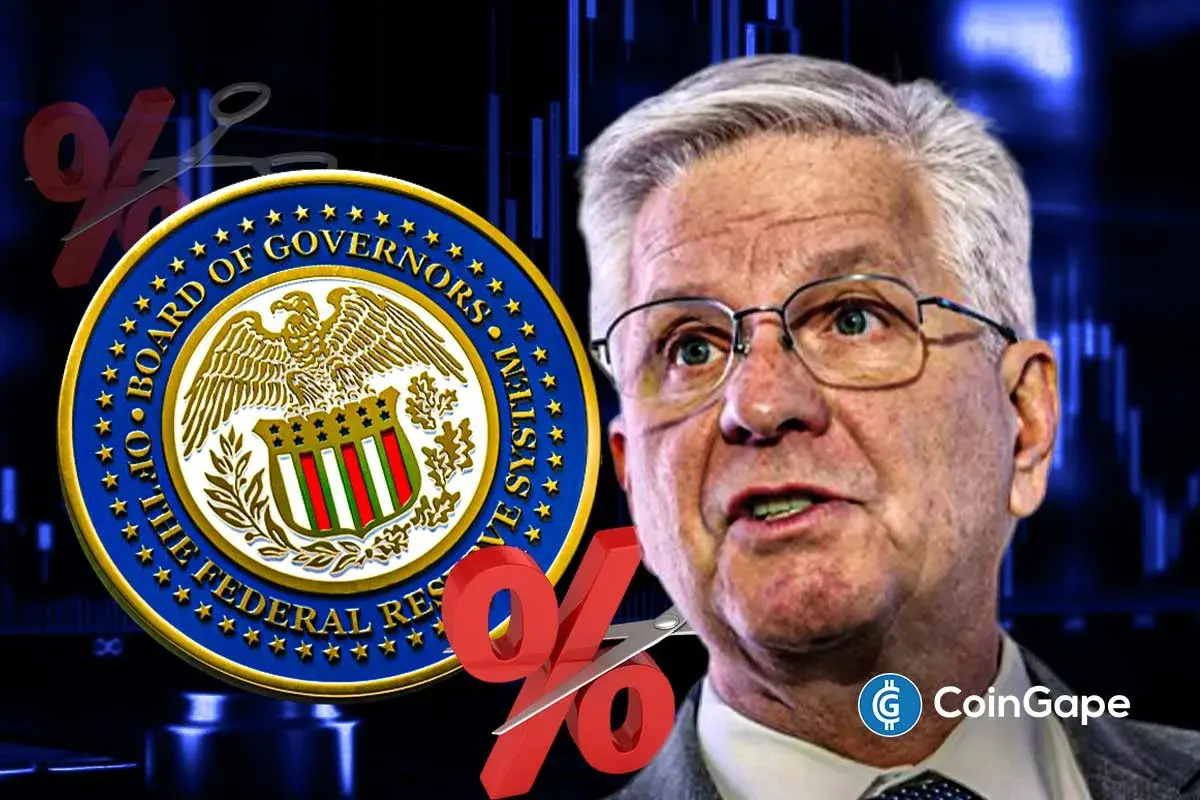LockBit Ransomware Crackdown: US Sanctions Crypto Wallets

Highlights
- The US Treasury's OFAC has sanctioned cryptocurrency addresses linked to the LockBit ransomware group.
- Sanctions target two Russian nationals, Artur Sungatov and Ivan Kondratyev, for their involvement in ransomware activities.
- Nearly a dozen Bitcoin and ether addresses were sanctioned, none containing funds at the announcement.
According to the latest report, the U.S. Treasury Department’s Office of Foreign Assets Control (OFAC) has imposed sanctions on cryptocurrency addresses linked to ransomware activities. This action targets two Russian nationals, Artur Sungatov and Ivan Kondratyev, who have been indicted for their involvement with the LockBit ransomware group. The sanctions include nearly a dozen bitcoin and ether addresses, which did not contain any funds at the time of the announcement. These measures prohibit U.S. entities from providing financial services to the sanctioned individuals, aiming to curb the operations of one of the most notorious ransomware distributors globally.
LockBit has been accused of extorting over $120 million from more than 2,000 victims across various sectors, including municipal and private entities. Ransomware attacks, a method employed by cybercriminals, involve encrypting the victim’s data and demanding payment, often in cryptocurrencies, for decryption keys. This crackdown is part of a broader international effort, Operation Cronos, which also saw LockBit’s website and infrastructure seizure by agencies including the DOJ, Europol, and the U.K. National Crime Agency.
Global Agencies Unite to Combat LockBit Ransomware
The joint international operation against LockBit highlights the international cooperation in the fight against cybercrime. Justice Department (DOJ), Europol, U.K. National Crime Agency and other international partners have pulled part of the ransom group’s infrastructure. This operation, which was named Operation Cronos, has resulted in the locking over 200 cryptocurrency accounts belonging to the LockBit group. The law enforcement agencies also started sharing the decryption keys with the affected device’s victims, permitting them to reaccess the device.
The fact that sanctions and seizures are regularly imposed indicates that ransomware attacks are highly developed techniques, usually accomplished on the RaaS principle. This concept of enhanced administrator authority includes administrators who develop the ransomware and affiliates (recruited by the administrators) to deploy it, providing them with a control panel to manage their operations. Targeting cryptocurrency addresses belonging to ransomware groups that have a relationship with prominent exchanges such as KuCoin, Coinspaid, and Binance is vital to disrupting the financial intermediaries that drive these online attacks.
Regulatory Challenges and Market Implications
The actions against the LockBit ransomware group coincide with recent comments from SEC Chairman Gary Gensler, who has expressed concerns over using cryptocurrencies in ransomware attacks. Despite the SEC’s approval of eleven Spot Bitcoin exchange-traded funds (ETFs) in January, a move that marked a significant milestone for the cryptocurrency sector, Gensler’s remarks reflect ongoing apprehensions about the potential for digital assets to facilitate illegal activities.
The approval of Bitcoin ETFs was seen as a positive development for the market, offering institutional investors a regulated avenue to invest in cryptocurrencies. However, Gensler’s subsequent statements serve as a reminder of the regulatory challenges that persist in overseeing the cryptocurrency ecosystem.
Read Also: Bitcoin Bulls and Stock Market Woes: Max Keiser’s Forecast
- Michael Saylor Says Quantum Risk To Bitcoin Is a Decade Away, Describes it as ‘FUD’
- White House Proposes Stablecoin Rewards Compromise as CLARITY Act Odds Drop to 44%
- Trump’s Board Of Peace Eyes Dollar-Backed Stablecoin For Gaza Rebuild
- Trump’s World Liberty Financial Flags ‘Coordinated Attack’ as USD1 Stablecoin Briefly Depegs
- Trump Tariffs: U.S. Threatens Higher Tariffs After Supreme Court Ruling, BTC Price Falls
- COIN Stock Risks Crashing to $100 as Odds of US Striking Iran Jump
- MSTR Stock Price Predictions As Michael Saylor’s Strategy Makes 100th BTC Purchase
- Top 3 Meme Coins Price Prediction As BTC Crashes Below $67k
- Top 4 Reasons Why Bitcoin Price Will Crash to $60k This Week
- COIN Stock Price Prediction: Will Coinbase Crash or Rally in Feb 2026?
- Shiba Inu Price Feb 2026: Will SHIB Rise Soon?


















